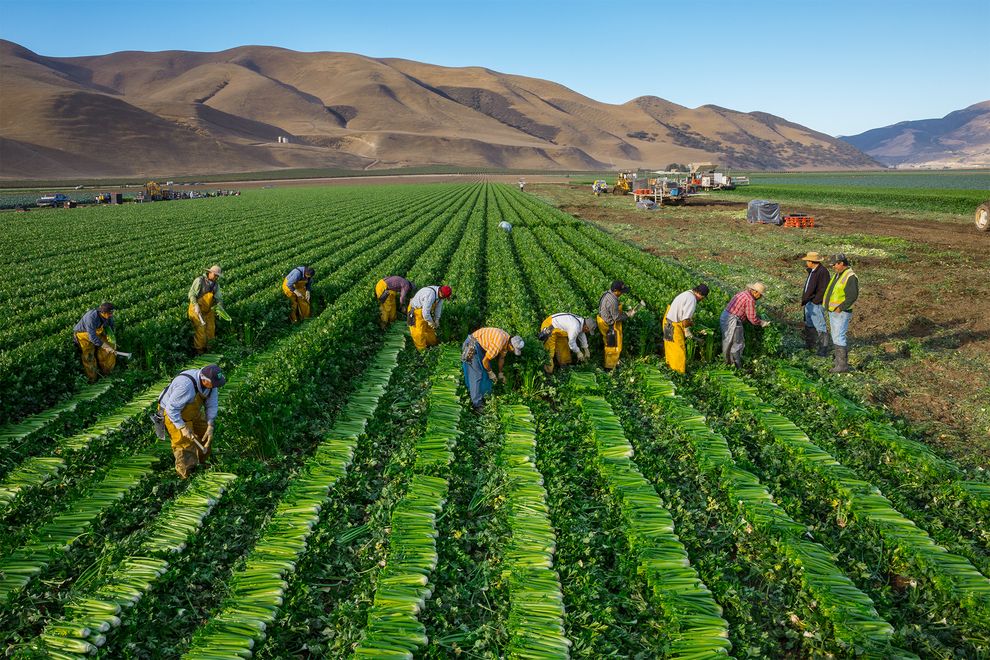How Reducing Food Waste Could Ease Climate Change

More than a third of all of the food that’s produced on our planet never reaches a table. It’s either spoiled in transit or thrown out by consumers in wealthier countries, who typically buy too much and toss the excess. This works out to roughly 1.3 billion tons of food, worth nearly $1 trillion at retail prices.
Aside from the social, economic, and moral implications of that waste—in a world where an estimated 805 million people go to bed hungry each night—the environmental cost of producing all that food, for nothing, is staggering. (Read more about causes and potential solutions to the problem of food waste.)
The water wastage alone would be the equivalent of the entire annual flow of the Volga—Europe’s largest river—according to a UN report. The energy that goes into the production, harvesting, transporting, and packaging of that wasted food, meanwhile, generates more than 3.3 billion metric tons of carbon dioxide. If food waste were a country, it would be the world’s third largest emitter of greenhouse gases, behind the U.S. and China. (Read about the author who’s waging a war against global food waste.)
John Mandyck, the chief sustainability officer of United Technologies, a U.S.-based engineering and refrigerated transport firm, says that food waste can be mitigated by improving the “cold chain,” which comprises refrigerated transport and storage facilities. His company hosted the first World Cold Chain Summit in London last November. This week, Mandyck is in Davos, Switzerland, for the World Economic Summit, where he’s talking up the problem of food waste. He answered questions via e-mail from Davos.
Why does the issue of food waste seem to slip below the radar?
We tend to take our food for granted in the developed world. Since food is so plentiful, we aren’t aware of the tremendous amount that’s wasted and the impact that has on world hunger, political stability, the environment, and climate change. Yet when it comes to looking for ways to curb greenhouse gas emissions, food wastage is a relatively easy fix—the low-hanging fruit, so to speak—and it is literally rotting on our tables. It doesn’t require any new technology, just more efficient use of what we already have. (Read about the effort to rethink “use by” labels on food.)
Collected:

